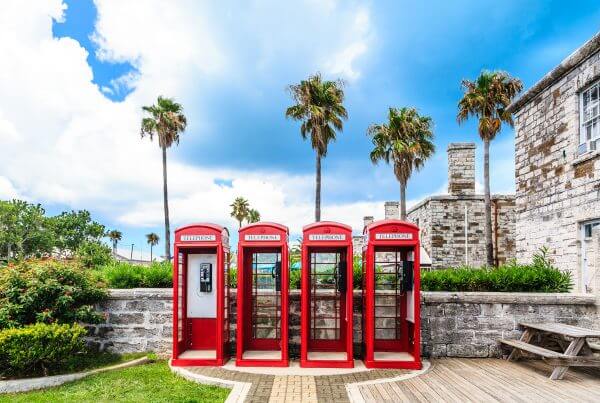Key Points
- Canada ended flagpoling for work and study permit renewals at ports of entry as of December 23, 2024.
- Flagpoling involves exiting and re-entering Canada to renew permits at border points.
- Renewals for work and study permits must now be submitted to Immigration, Refugees, and Citizenship Canada (IRCC).
- Limited exemptions may apply, but most applicants must use IRCC’s online submission process.
Overview
On December 23, 2024, Canada officially ended the practice of “flagpoling” for the renewal of work and study permits. Flagpoling is a method used by foreign nationals in Canada who briefly exit the country, typically into the United States or St. Pierre and Miquelon, and re-enter to renew their permits at a Canadian port of entry. This practice allowed applicants to bypass processing timelines associated with online submissions to Immigration, Refugees, and Citizenship Canada (IRCC).
With the termination of this option, individuals seeking to extend or renew their work or study permits must submit their applications directly to IRCC. This procedural change aims to standardize the application process, improve the consistency of permit renewals, and enhance security at Canadian ports of entry. However, the removal of flagpoling as a renewal option may increase the importance of timely submissions, as applicants will need to navigate the standard IRCC processing times rather than rely on same-day processing at border points.
While most foreign nationals must follow this updated process, certain exemptions may apply. However, these exemptions are expected to be limited and may only pertain to unique circumstances under IRCC guidelines. Foreign nationals currently residing in Canada on temporary work or study permits should review their renewal timelines carefully to ensure they submit their applications well before their permits expire.
The Canadian government has emphasized that this change is designed to streamline immigration services and ensure a consistent and fair process for all applicants. The policy is also expected to reduce congestion at ports of entry, which are primarily intended for initial entry into Canada rather than administrative renewals of permits.
Looking Ahead
Employers, international students, and temporary workers in Canada should adapt to the new renewal framework by planning ahead and submitting renewal applications through IRCC’s online system as early as possible. This change may also require updated processes for HR departments managing foreign workers’ compliance to avoid disruptions in permit renewals.
The ending of flagpoling may initially result in longer processing times as applicants adjust to the requirement to use IRCC instead of expedited border renewals. Foreign nationals are encouraged to stay informed on IRCC processing guidelines, potential delays, and any updates regarding exemptions or procedural improvements.
In the long term, the removal of flagpoling could lead to a more streamlined and centralized application experience. Employers and permit holders should consult legal advisors or immigration professionals to navigate the updated renewal process effectively and comply with Canadian immigration regulations.






